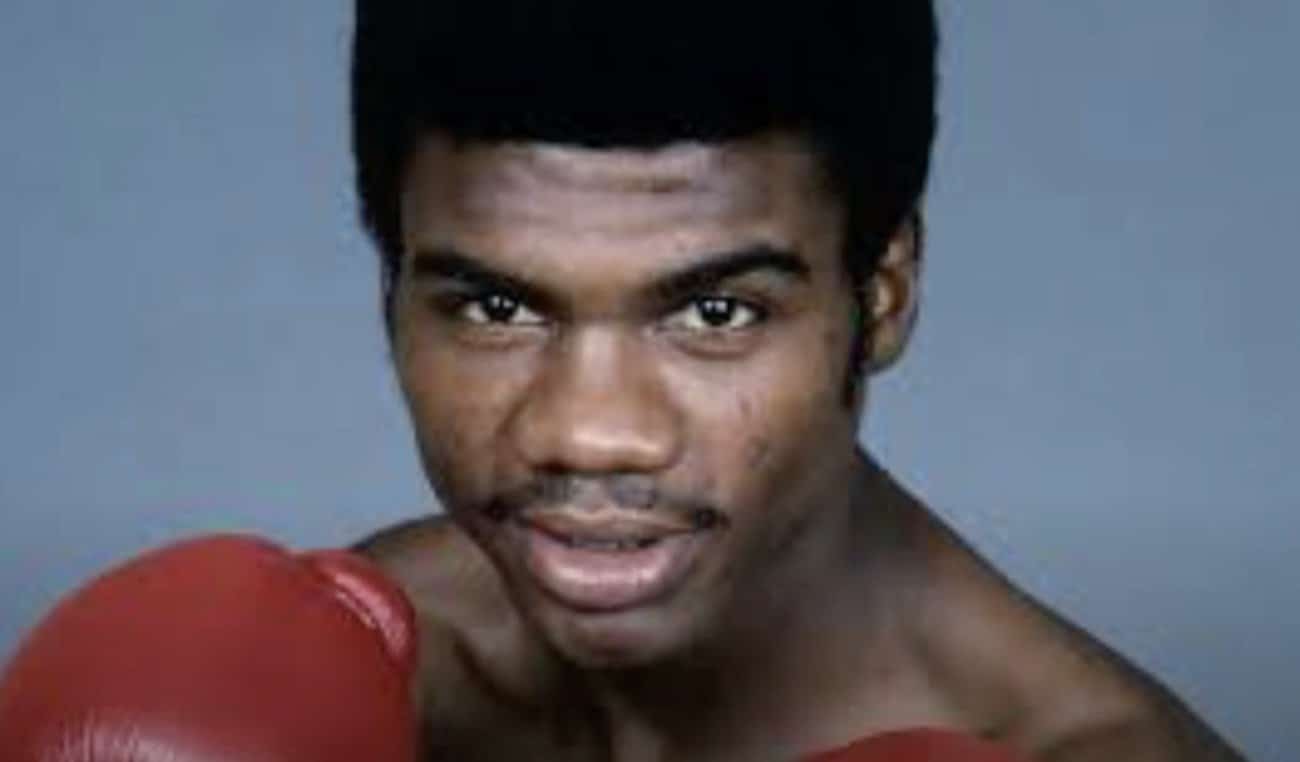In terms of a newly crowned world champion who looked for all the world as though he was set for a long reign, the name Gerald McClellan sure springs to some minds when looking back. “The G-Man,” a supremely talented and savage-hitting middleweight who had forged his budding greatness inside the sweltering hell of the famed Kronk Gym, was a fighter Emanuel Steward once said had the “biggest mean streak of all the fighters I worked with.”
Another quote from the Kronk guru has Emanuel stating how McClellan was the most talented fighter he ever worked with.
On the night of May 8, 1993, McClellan, appraoching his peak, showed talent and meanness as he ripped the WBC middleweight title from feared banger Julian Jackson. The fight, which took place in Las Vegas – with the great Julio Cesar Chavez fighting on the card, along with heavyweights Lennox Lewis and Tony Tucker, who fought each other with the WBC strap on the line (yes, this was a strong card, one Don King served up to the fans with a combo of pride and hype that delivered; indeed, one can barely imagine such a great card today) – proved to be a thriller. A violent, at times savage thriller. And the winner by KO, Gerland McClellan, was for many the new star of the sport; the new pound-for-pound hardest punching champ out there.
This middleweight title fight was headline material, the highlight of the year, not only the highlight of the night of May 8 from three decades ago.
Jackson, his sight in question but his reflexes and his withering power firing on all cylinders, was making the fifth defence of the title he had won by way of a crushing KO of defensive master Herol Graham. McClellan was four fights removed from his quick destruction of a faded John “The Beast” Mugabi, the 1991 massacre seeing the Kronk fighter win the WBO middleweight strap. Was McClellan ready for as massive a puncher, as lethal an operator as Jackson?
“The fight wasn’t going the limit. I knew that,” said Steward.
Those words were said after a little over 14 minutes of action had taken place. And it was pure, exhilarating action. McClellan and Jackson went at it from the very start. It was McClellan who scored first blood, hurting Jackson with a right hand, this causing the champ’s legs to dip. Jackson came back in the second round, scorching his challenger’s midsection with a left hand that must have felt like a slashing razor.
It was now a matter of who took the better shot.
Jackson was left bleeding in the third, this from an accidental clash of heads. Jackson’s sight, already a matter of concern, was now compromised further. McClellan dominated the fourth. Then the explosion came, in the fifth.
Jackson hurt his challenger – with a low blow. And then another low blow. McClellan went down, given time to recover from the second foul. Jackson was shaking his head. Then, when action resumed, McClellan crashed home with a monster right hand to Jackson’s head, the punishing blow followed by two sizzling lefts, and down the defending champion went. Laid on his back, “The Hawk” seemed finished. Instead, somehow, Jackson beat the count, only to be sent down again by another right. Once again Jackson got up, his face a mask of blood, but this time Mills Lane had seen enough.
It was a superb win by McClellan and to repeat, he seemed set for superstardom. Disturbingly, more so in hindsight, Gerald said in the post-fight interview how he had “an enormous headache,” and that he was going to “sleep for two days.”
Had the damage that would be made so, so much worse in the Nigel Benn fight that was 21 months away been inflicted? We will never know. But on this day in 1993, Gerald McClellan was without doubt the baddest middleweight on the planet.
Today, some 28 years after the tragic Benn fight, McClellan has shown determination and courage in trying as best he can to get on with his life. Aided around the clock by his sister Lisa, Gerald, now aged 55, is said (by Lisa) to remember all of his fights bar the Benn encounter. It is hoped this is indeed true, as McClellan showed so much in the Jackson fight, so much that he has every right to be able to look back on with pride. In so many ways, the tragedy of the Benn fight ranks as one of the very worst in the sport. McClellan of course paid an unimaginable price for being what he was: a warrior of the ring, with each and every one of these brave souls risking so, so much when they climb into battle.
While for we often selfish fight fans, what happened that fateful night in London in February of 1995 robbed us of watching and marvelling over the rest of McClellan’s career; this as we learned how much greatness “The G-Man” really was capable of achieving.

